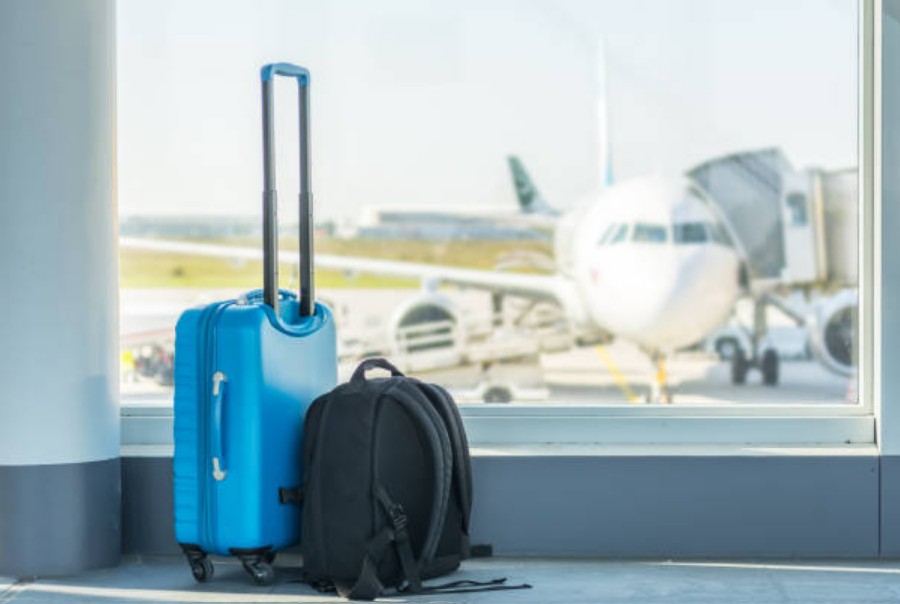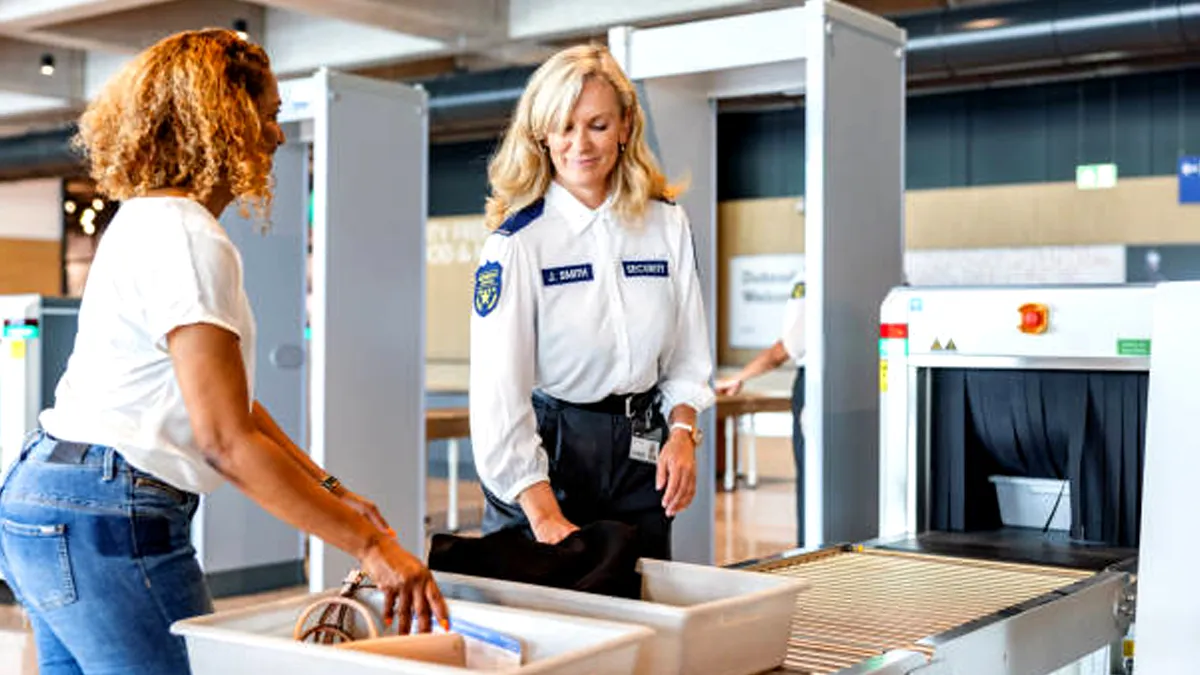Packing food when travelling by air can be tricky. While airport security has clear rules, many passengers are often unsure of what they can and cannot carry in their hand luggage. According to the Transportation Security Administration (TSA), some items like hard cheese, frozen seafood, or even fresh eggs are permitted in carry-ons. However, certain food items may be restricted or even confiscated during security checks.
The TSA explains that “creamy or liquid foods, such as peanut butter, olive oil, and salsa, simply have to comply with the 3-1-1 liquid rule or be placed in a checked bag.” But, in practice, it is often the airport security officer who makes the final decision.
Food Items You Can’t Carry in Your Handbag
To avoid confusion, here’s a list of seven common food items you should never pack in your cabin bag while travelling by air.

Ghee and Oil
Ghee and cooking oils are a grey area. For example, IndiGo does not allow oil in any form, while Air India permits small quantities in both carry-on and checked baggage. Since oils are highly flammable, they are restricted for safety reasons. Always check your airline’s guidelines before packing them.
Strong-Smelling Fruits
Airlines such as Etihad ban fruits like durian, jackfruit, or marang in the cabin because of their overpowering smell. Though considered delicacies in many countries, these fruits can make the cabin uncomfortable for other passengers. To avoid complaints or restrictions, avoid carrying strong-smelling fruits in your handbag.
Grains and Pulses
On domestic flights in India, grains like rice and pulses are not permitted in hand luggage. While passengers can keep them in checked baggage, proper sealing is essential to prevent spills. Loose grains can cause unnecessary delays during security checks.
Don't Miss:How To Order Food On A Train Online While Travelling By Train: A Step-By-Step Guide For Passengers
Canned and Cooked Food
Packing a home-cooked meal or canned food might sound convenient, but most airports restrict them due to their liquid content. Items like canned soup, Nutella, or prepared curries often exceed the 100ml liquid rule. Airlines advise passengers to keep such items in checked baggage instead.

Coconut
Dry coconut, also called copra, is usually not allowed in carry-ons. Security authorities cite agricultural concerns, as coconuts may carry pests or diseases harmful to crops. Its dense and fibrous texture also makes it difficult to scan properly. To avoid quarantine issues or delays, pack coconuts only in your checked baggage.
Fish and Seafood
Airlines typically restrict cooked, dried, or frozen seafood in the cabin. Strong odours, leakage risks, and possible contamination make these items unsuitable for carry-ons. In many cases, airlines discourage packing seafood even in checked luggage to avoid unpleasant incidents.
Spices
While spices add flavour to meals, they can cause problems during airport security checks. Powdered or granular spices are difficult to inspect and may raise safety concerns. In addition, some spices could carry pests or bacteria, which is why they are best stored in checked luggage.
Air travel regulations vary across airlines and countries, but knowing what food items are restricted in carry-on bags can save passengers from last-minute hassles.
Don't Miss:7 Best Skydiving Spots In India And The Safety Checklist You Can’t Skip
Keep reading Herzindagi for more such stories.
Image Courtesy: Freepik
HerZindagi Video

Take charge of your wellness journey—download the HerZindagi app for daily updates on fitness, beauty, and a healthy lifestyle!


Comments
All Comments (0)
Join the conversation